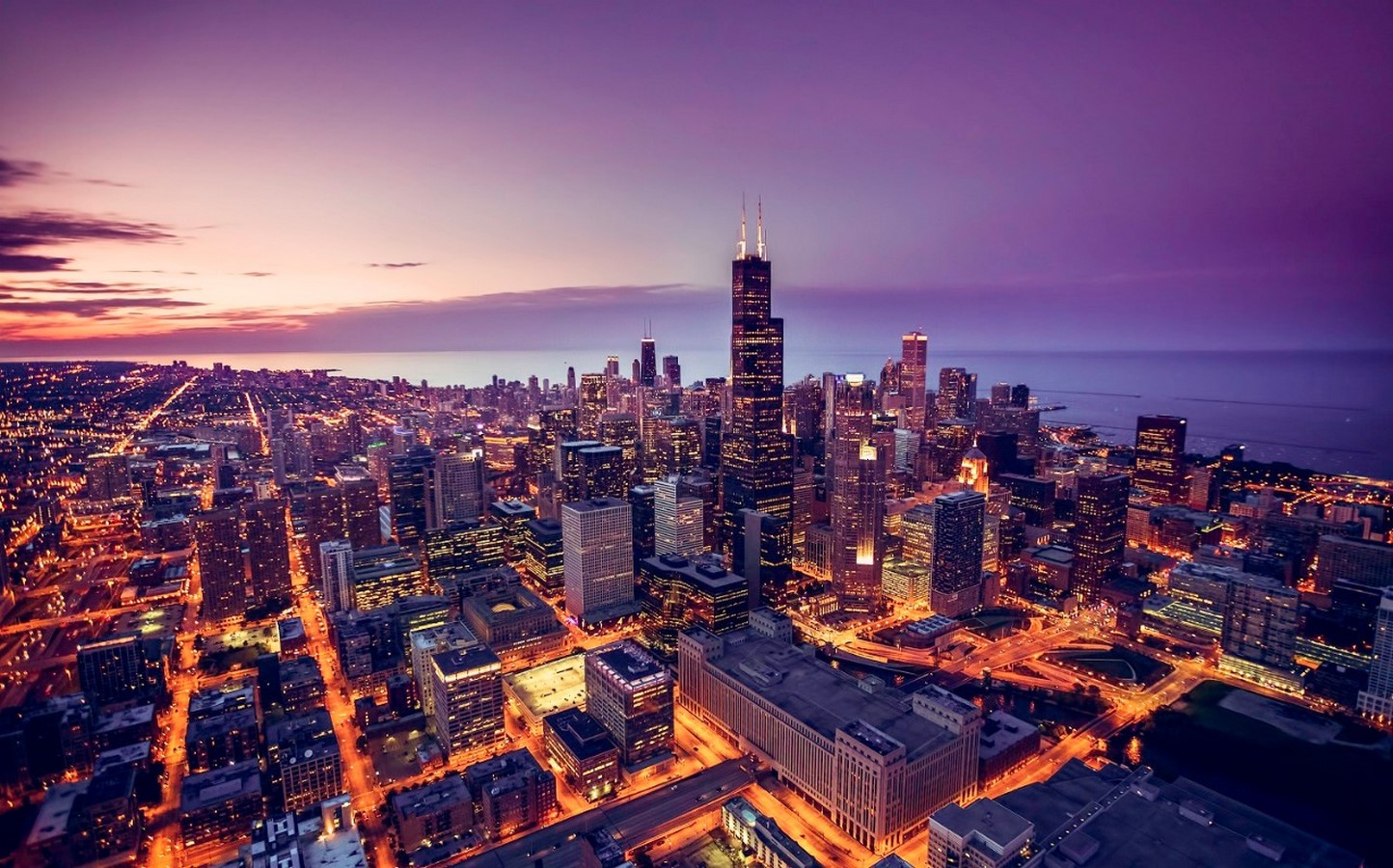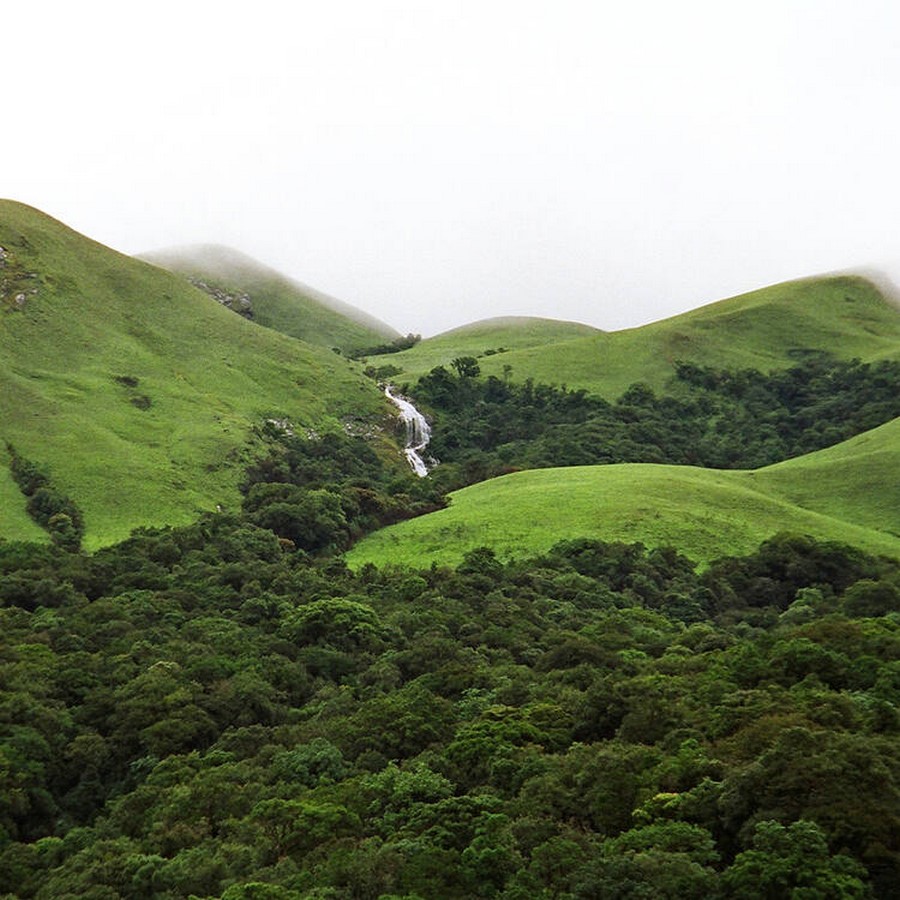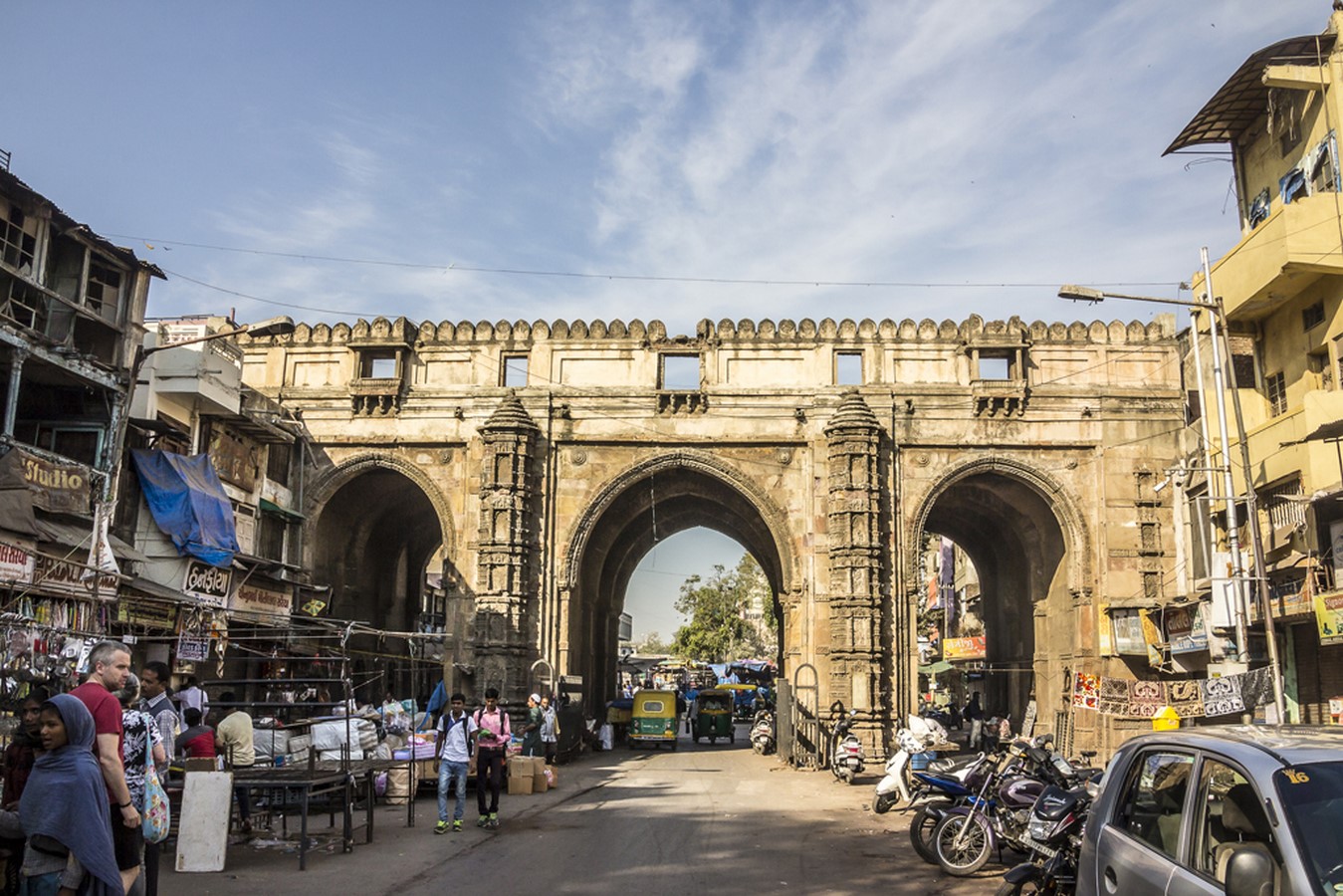Since when did humans start altering the planet Earth? Since when did human activity have such an impact on the planet’s climate and ecosystem? Scientists and geologists have not been able to pinpoint a definite year and have varying opinions. Establishing the exact year would acknowledge the start and existence of the Anthropocene epoch, an epoch that defines the undeniable impact of humans on the environment. The official declaration that we are in the Anthropocene epoch would be a firm reminder for all humans, conveying that the human impact has been so great that a new geological epoch has begun.
What is urbanization and why is it happening?
Today, more than 50 percent of the world’s population lives in cities, and this percentage will keep increasing. That is because of urbanization. Urbanization is a fast-growing concept with advantages for the human population. Due to the high population density in urban areas, it is much easier for planners to coordinate community efforts, public transport, and education. Urban areas create easy access to all facilities and amenities for all human beings. Due to this reason, we are observing faster urbanization and migration of the rural population towards urban areas.

While urbanization has increased the standard of living and quality of life, every coin has two sides. Urbanization forces the exploitation of natural resources in urban areas to provide better transportation facilities and a higher standard of living. As more and more people migrate to cities, there is an increase in manufacturing and production, leading to the loss of natural resources. It has become evident over time that urbanization and industrialization have had an impact on the microclimate of the region and eventually the entire planet.
Conservation – What requires conservation and why?
The manufacturing of any product requires multiple levels of processing and assembling. With every other step of processing, the product loses its nature of biodegradability. Industrialization has obvious impacts like pollution, soil degradation, and deforestation, to name a few. There is maximum exploitation of natural resources for material gain, due to which conservation of nature and its resources becomes crucial. Nature conservation encompasses various elements like soil, water, and air. It has been well established that natural and ecological conservation is a top priority in this decade. Despite policy decisions such as providing 10% green open space in plots, understanding the complexities of ecology and biodiversity in specific regions will be required to make planning decisions.

Most of the urban areas in India have grown radially around the old settlements on the banks of rivers. These settlements in the core cities are part of the built heritage of the urban cities. These structures were built using traditional techniques and natural materials, which were abundant. Today, almost every city in India is represented by an iconic built heritage structure, which creates the image of a city. Owing to this, city corporations and governments have declared these built structures as heritage. Due to rapid urbanization and encroachment around these settlements, there is a need to protect and conserve these structures. Rising pollution and increasing development near these structures hamper their work of conservation.

How will Urbanization affect Conservation?
The need for items and materials that can be made faster and endure longer has increased due to rapid urbanization and the desire for a better lifestyle. As a result, there may be a scarcity of materials used in structures established 100–200 years ago, as well as higher prices. The demand-supply cycle drives heritage structures to employ readily available materials like cement rather than natural resources like wood or stone, which were previously used. Faster results are expected in the fast-paced lives of urban areas. Conservation, on the other hand, is a field that will deliver fruitful results only after decades of careful execution.

Soil is one of the most important elements required to sustain life on Earth. Urbanization has necessitated immediate action to save soil due to changing land uses and extreme soil pollution. It may take centuries to restore soil and its original properties. As cities keep growing, forests and fertile lands become golden opportunities for the nation’s economic gains. Unless there is a change in perspective and a rightful focus on conservation efforts, urbanization and conservation may not go hand in hand.
Where does the solution lie?
Conservation efforts are futile unless the general public participates. Growing awareness and education about ecological restoration and eco-friendly living are critical components in the fight against climate change. Another pillar that holds the key to conservation is better policy making and long-term conservation and restoration decisions. Decentralization and 15-minute cities are emerging concepts for better sustainability and urbanization planning. It can be concluded that urbanization and conservation must be approached from different perspectives, with different policy decisions but the same end goal. Strong, like-minded communities demand better solutions, which leads to happier lives.
References :
- Michael L. McKinney. (2002). Urbanization, Biodiversity, and Conservation: The impacts of urbanization on native species are poorly studied, but educating a highly urbanized human population about these impacts can greatly improve species conservation in all ecosystems
Available at :
https://academic.oup.com/bioscience/article/52/10/883/354714
- Robert McDonald, Peter Kareiva. (June 2008). The Implications of current and future urbanization for global protected areas and Biodiversity conservation
Available at :
https://www.researchgate.net/publication/222666887_The_Implications_of_current_and_future_urbanization_for_global_protected_areas_and_Biodiversity_conservation
- National Geographic Society (Last updated, May 2022). Anthropocene
Available at :
https://education.nationalgeographic.org/resource/anthropocene















